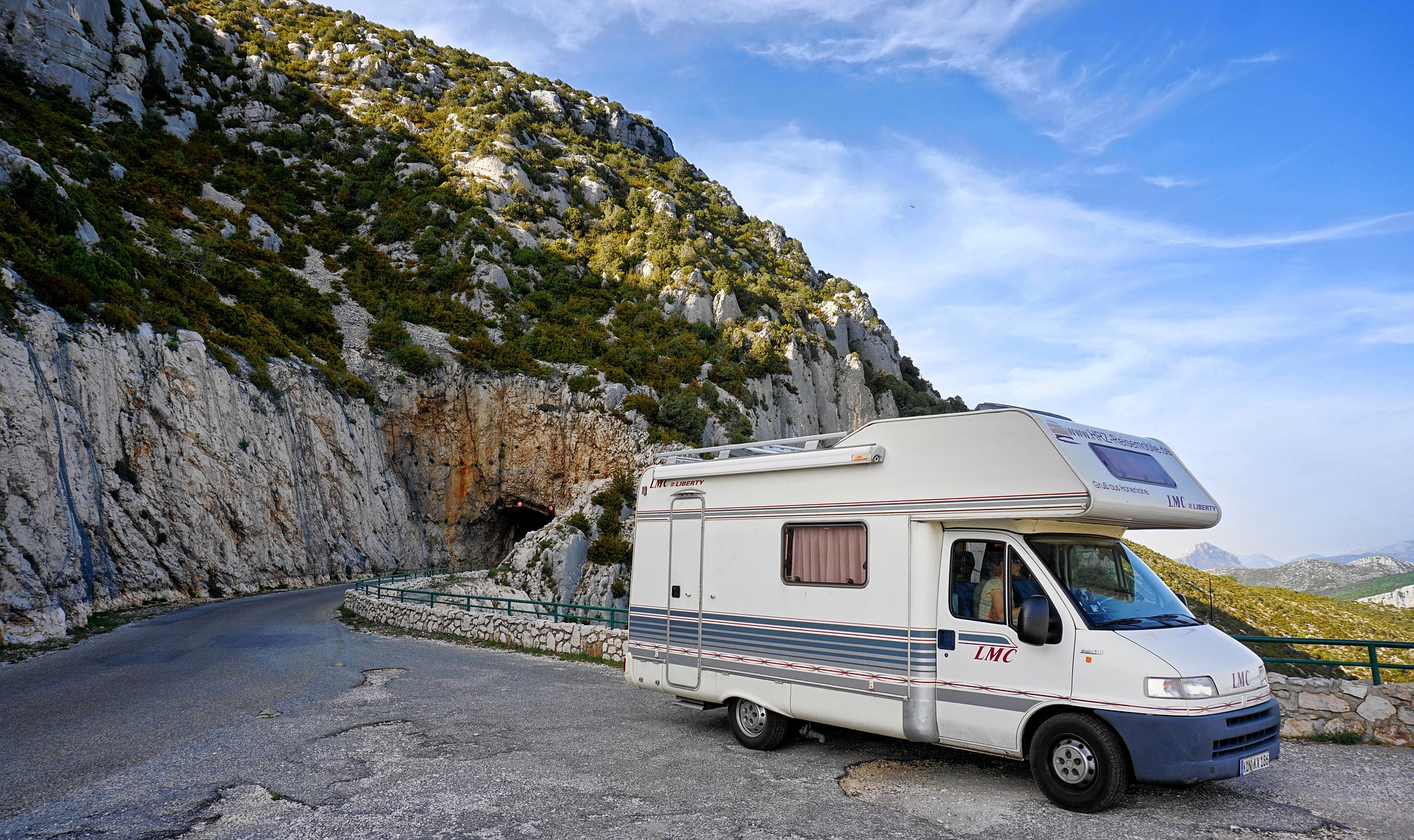RV and Camper Financing: A Complete Guide to Securing Your Dream Adventure Vehicle
Embarking on the journey to purchase a recreational vehicle requires careful financial planning and understanding of available loan options. Whether you're eyeing a compact camper trailer or a luxury motorhome, financing can make your dream of mobile adventure more attainable. This comprehensive guide explores the essentials of RV and camper financing, helping you navigate the path to ownership.

Types of RV and Camper Financing Options
Different financing solutions cater to various RV purchases. Traditional banks offer conventional RV loans, while manufacturer-specific financing programs may provide special rates for new units. Some buyers opt for home equity loans or lines of credit to finance their purchase. Personal loans can also be an option for smaller camper trailers or used RVs.
Key Factors Affecting Loan Approval
Lenders evaluate several criteria when considering RV loan applications. Your credit score typically needs to be 660 or higher for optimal rates. Down payments usually range from 10% to 20%, though some lenders may require more for luxury RVs. The vehicle’s age, condition, and intended use also influence loan terms and approval.
Common RV Loan Terms and Rates
RV financing rates and terms can vary significantly across lenders and borrower profiles. Below is a comparison of typical financing options available:
| Lender Type | Typical APR Range | Maximum Term | Minimum Down Payment |
|---|---|---|---|
| Banks | 4.99% - 8.99% | 15 years | 10% |
| Credit Unions | 4.25% - 7.75% | 20 years | 10% |
| Online Lenders | 5.99% - 17.99% | 12 years | 15% |
| Dealer Financing | 5.99% - 12.99% | 20 years | 10% |
Prices, rates, or cost estimates mentioned in this article are based on the latest available information but may change over time. Independent research is advised before making financial decisions.
Preparing for RV Loan Application
Before applying for financing, gather necessary documentation including proof of income, tax returns, and bank statements. Calculate your budget carefully, considering not just the monthly payment but also insurance, maintenance, and camping fees. Many lenders prefer debt-to-income ratios below 45% for RV loans.
Important Considerations for RV Financing
Remember that RV loans often require full-coverage insurance, which can be more expensive than standard auto insurance. Some lenders may have restrictions on vehicle age or commercial use. Consider the impact of depreciation, especially for new RVs, and investigate warranty options to protect your investment. Many financial experts recommend choosing a loan term that aligns with your expected ownership period to avoid becoming upside down on the loan.




